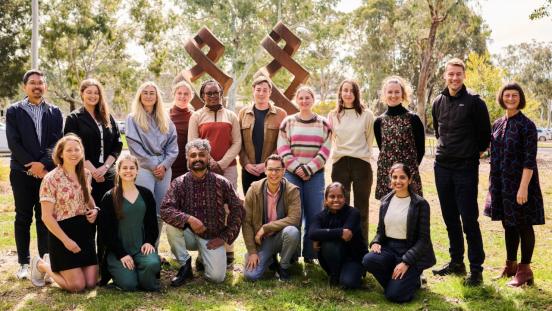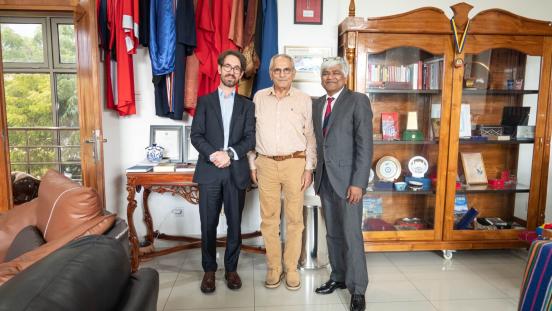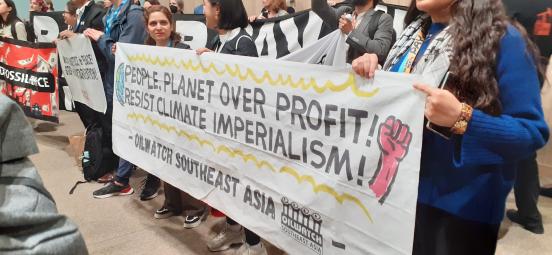Background and rationale
As an independent global health think tank within the UN system with a mandate to advance the perspectives and needs of states and populations in the Global South, UNU-IIGH has a unique and important contribution to make towards facilitating cooperation between different stakeholders, including governments, research institutions and the private sector to address the policy dimensions of the climate emergency and its impact on health.
The human rights crisis emerging in the face of climate emergency is unprecedented. The triple effect that this risk poses to human, environmental and animal health creates vulnerabilities not only for the present population but also for the future ones. Children under five bear a disproportionate burden of climate-related disease globally, with 88% of climate-exacerbated diseases affecting the under-fives.
According to the World Health Organisation climate change is expected to cause 250,000 additional deaths per year between 2030 and 2050 due to malaria, malnutrition, diarrhoea and heat stress. The World Food Programme expects that climate change could lead to a 20% increase in global hunger and malnutrition by 2050. A 2°C rise in global temperature would lead to more than 1 billion people suffering from a severe reduction in water resources.
UNU-IIGH can add to the ongoing debates by spotlighting research that demonstrates the inequalities underpinning the health impacts of the climate emergency and highlighting the power asymmetries that determine the capabilities of communities to undertake mitigation and adaptation measures to safeguard against the negative health impacts of the climate emergency.
To fully understand the differentiated health impacts of the climate emergency, it is critical to understand the larger issue of fairness and justice arrangements, including economic allocation. A justice-oriented approach would require focusing on the great injustice in inadequate or harmful social arrangements. These arrangements include social hierarchies in countries, hierarchies between countries, and the unfettered power of corporate actors that constrain the opportunities for people to be healthy in light of the climate emergency.
Aim
The overarching aim of this Work Package is to leverage UNU-IIGH's position within the UN and network of UNU institutes, network experts, practitioners, policymakers, and academics and its location in Asia to serve as a platform for critical thinking, the exchange of knowledge and tools, and to advance evidence-based policy on the different dimensions of the climate emergency and its impact on health.
The Institute would also aim to advocate for evidence-based policy and the public support needed for change through these partnerships and disseminate and communicate findings and results that are practical, implementable and understandable.
The following objectives will contribute to achieving the aims:
• Bridging the gap between evidence and policy: UNU-IIGH will generate and amplify evidence-based recommendations and build consensus on key health impacts to address the climate emergency through the convening of policy dialogues with member states, UN agencies and other key stakeholders.
• Supporting implementation at the country level: the Institute is uniquely placed to promote the translation and dissemination of global guidance and recommendations in health impact areas of the climate emergency to make them relevant for country-level decision-makers. UNU-IIGH would convene expert briefings, advice and training.
• Dynamic knowledge creation: The Institute will develop knowledge products to inform global policy and best practices. It will develop analytical tools to inform the development, implementation, and evaluation of climate-related health programming.
• Localization and capacity building: UNU-IIGH will work towards strengthening capacity for local decision-making through South-South learning and fostering engagement between academics, professional associations, researchers, civil society and policymakers.
Related Content
News
New Publication on Maximizing Climate and Health Co-Benefits
Announcement
UNU-IIGH at FFD4
News
New Article in WHO Bulletin Urges Integrated Action on Climate and Health in Timor-Leste
Journal Article






